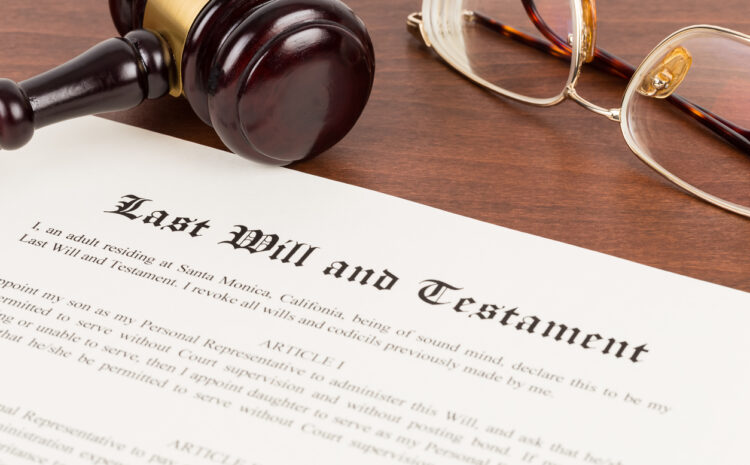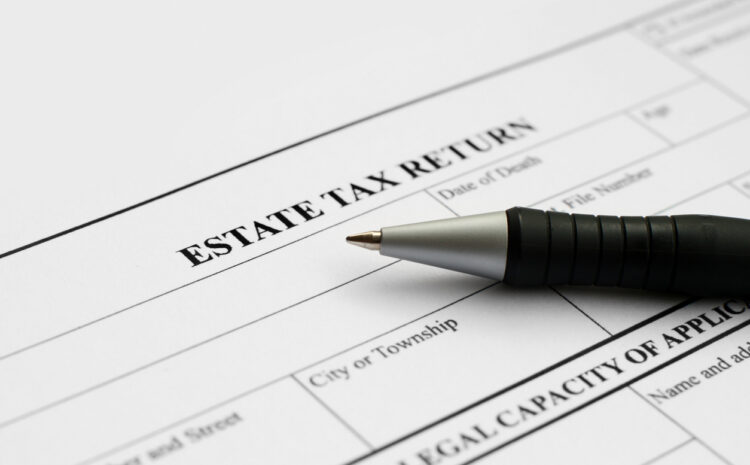What Is a Will?
A will is a legal document that allows you to designate individuals or institutions, known as beneficiaries, to whom you want your property to pass after your death. In your will, you may also name a guardian to care for your minor children in the event of your untimely death.
What Is an Executor?
An executor is the person you designate in your will to handle important tasks after your passing. These responsibilities include:
- Collecting and protecting your probate assets
- Paying off your debts and taxes
- Distributing your probate assets to your beneficiaries
The complexity and size of your estate will determine how much time and effort the executor will need to dedicate to these responsibilities. If you pass away without a will, the state will appoint someone, called an administrator, to handle these matters.
Does a Will Affect All My Property?
A will does not necessarily affect the disposition of all your assets. Typically, it applies only to those assets held solely in your name at the time of death, which are referred to as probate assets. For instance, assets like life insurance policies, retirement plans, or bank accounts with designated beneficiaries will directly pass to those beneficiaries, regardless of what your will states. Similarly, assets held in joint tenancy or a revocable living trust will bypass your will and be distributed according to the terms of the joint ownership or trust agreement.
Does Having a Will Avoid Probate?
Having a will does not mean your estate will avoid probate. Probate is the legal process through which the court oversees the distribution of your probate assets. However, if your probate assets are valued at less than $150,000, a formal probate proceeding may not be required.
Do I Need a Will If I Have a Living Trust?
Yes, you still need a will, even if you have a living trust. A will governs any assets that are in your name alone at the time of death and not included in your living trust. In such cases, a “pour-over will” is often used. This type of will directs that any assets in your name at the time of your death be transferred to your living trust. Additionally, if you have minor children, a will is essential for nominating their guardians.
Can I Change or Revoke My Will?
Yes, as long as you are mentally competent, you can change or revoke your will at any time.
What Happens If I Die Without a Will?
If you die without a will, the state will distribute your probate assets according to intestate succession laws. This means you will have no control over who receives your property, and the distribution may differ from your wishes. If you pass away without any relatives, the state may keep your property, instead of giving it to a charity or loved ones you might have chosen.
What Happens to My Minor Children If I Die?
If you pass away leaving minor children, the court will appoint a legal guardian for them. If you’ve nominated a guardian in your will, the court generally honors that choice. However, if you die without a will, the state will select a guardian without your input, which may not align with your wishes. This is why it is crucial to have a will that specifies your chosen guardian.
Can a Will Provide for Asset Management for My Children or Beneficiaries?
Yes. Your will can instruct the executor to place your assets into a trust for the benefit of your children or other beneficiaries. This is called a “testamentary trust,” which only comes into effect after your death. A testamentary trust can outline conditions for when your children or beneficiaries can access their inheritance, such as reaching a specific age or fulfilling other criteria.
By carefully planning your estate through a will and other legal tools, you can ensure that your wishes are honored, your loved ones are cared for, and your estate is managed efficiently.


